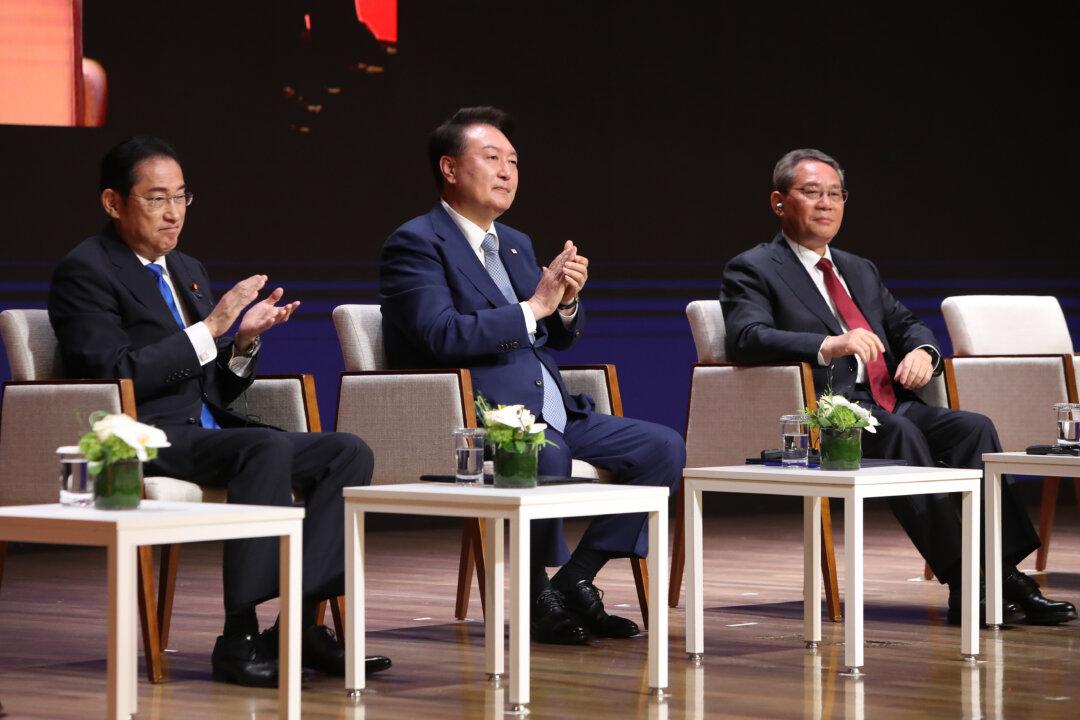Commentary
Japanese business, once a big fan of Chinese operations and a huge source of China’s investment inflows, has abandoned its former enthusiasm.

Japanese business, once a big fan of Chinese operations and a huge source of China’s investment inflows, has abandoned its former enthusiasm.